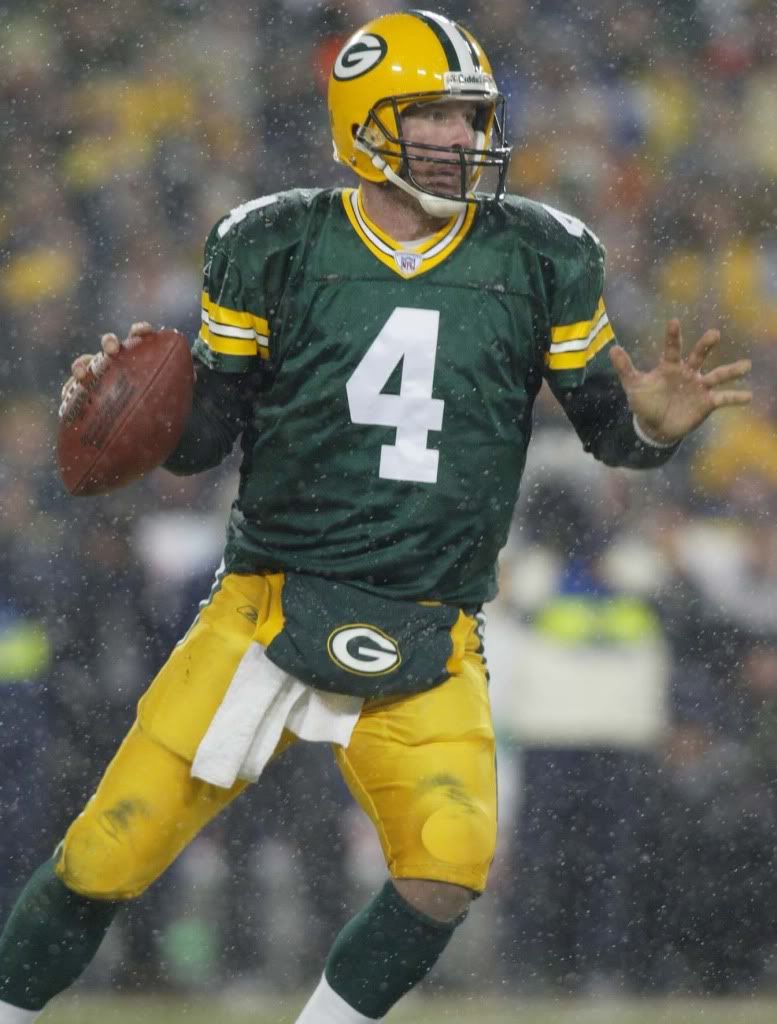DavidStern wrote:Typical for great shotblocker. For example:
1987 Eaton
3.36 BPG away
4.75 BPG home
1990 Hakeem
3.49 BPG away
4.96 BPG home
These aren't typical, but rather extreme examples.
Were these guys really this much better at home?
Or were home scorekeepers giving them a lot more blocks than every other NBA scorekeeper?
Ben Wallace is another. This year, his "comeback" season, he averaged 1.77 in Detroit, and only 0.65 everywhere else.
It's no wonder there's a low correlation between success and (alleged) blocks.
And Ben decides to hang it up, because he's really no kind of shotblocker, except in Detroit, allegedly.
eWins scales a player's scoring and rebounding to opponent points and rebounds. A 10 Reb/36 guy for a team that outrebounds opponents 44-40 is better than a 10 Reb/36 guy whose team gets outrebounded by the same average.
Similarly, a 20 PPG scorer for a team that typically wins by 100-95 scores is a better scorer (all else being equal) than one for a team that loses by the same average score. In head to head games, the guy with the better team will tend to outscore the other.
Individual defense is much harder to pinpoint. A bit of consolation is gained by supposing a player without offensive skills would not be in the league at all without defensive chops. This gets him minutes on the floor, and he accumulates some measurable stats.
In the 1990 playoffs, Rodman was pretty good up to the Finals. He averaged 19.8 mpg in the 5 games, and for the whole playoffs (19 G) he went 29.5 .
That means that for the first 3 rounds, he was playing 34.4 mpg. His play dropped off enough vs Portland, his minutes were cut almost in half.
He was moody, he was streaky, and he especially wasn't that good in the later rounds of playoffs. This would be a feature of his whole career. Dropping behind Salley, Aguirre, and James Edwards in the rotation is not a positive indicator.











